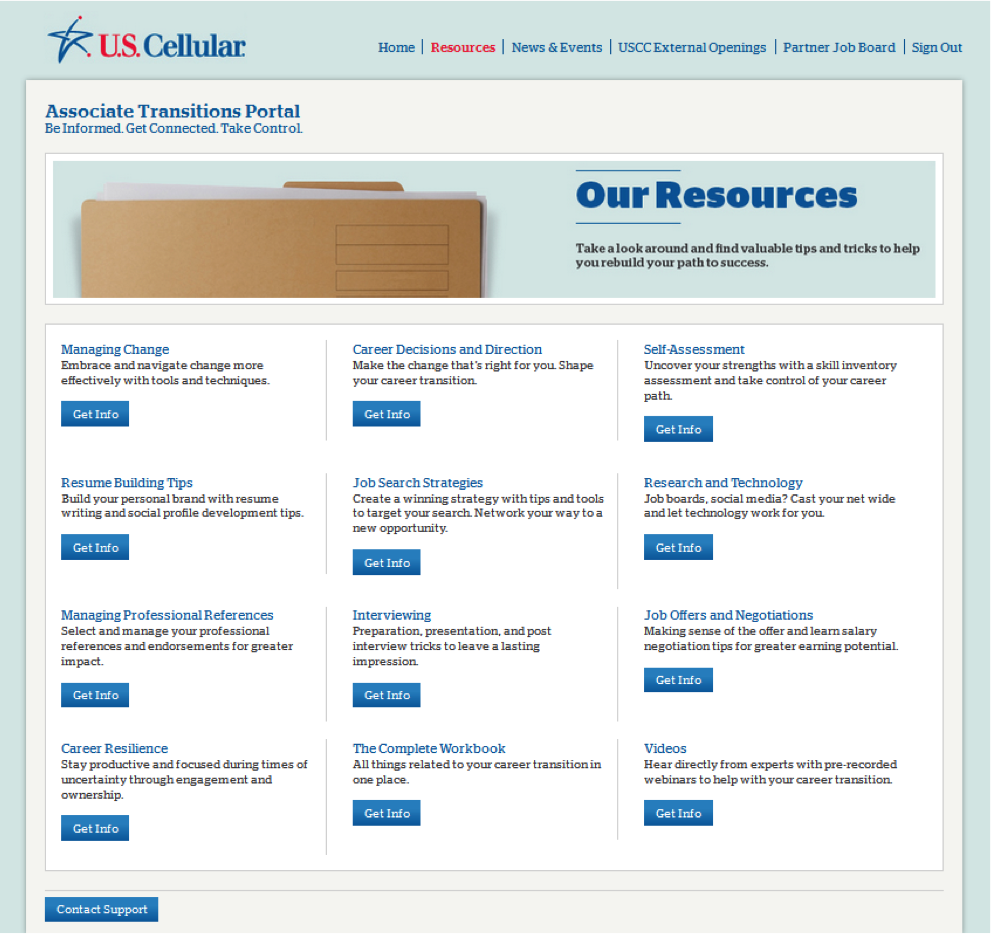According to a recent Conference Board survey of economists, U.S. consumer confidence registered a one year high in 2012 as optimism about the labor market offset other concerns to boost consumer confidence.
Job market optimism and confidence — of any kind — have been decidedly absent from our vocabulary in the last few years, so this good news should be a welcomed relief for business, right?
The opening page of the 2012 WorkForces Report from Aflac sounds an alarm:
JUDGMENT DAY may soon arrive for employers. There will be consequences, or payoffs, stemming from company behavior and actions during the economic recession because many experts believe a sustained job recovery is imminent. The approach organizations employed during the downturn will decidedly come back to either hurt or help them as the health of the employment market continues to improve.”
Why a job recovery may be bad news
An imminent job recovery is definitely good news, but a more confident workforce, combined with more job offerings, may lead many workers who have been waiting for the right moment to make a job change to finally make their exit.
That would certainly be bad news for organizations hoping to start the new year on a positive note, and the Aflac report did find significant employee unrest — 49 percent of workers are “at least somewhat likely to look for a job in 2013,” and 19-32 percent are “extremely or very likely” to leave their current role.
The Aflac 2012 WorkForces Report found that the recessionary environment has caused employees to reassess the employer-employee value proposition and to begin asking, “What is my employer providing me, in both hard and soft benefits that make me loyal to them?” Depending on how your organization believes your staff would answer that question will determine whether you view this news as good or bad.
One of the most disturbing findings in the report is that most of the employees who intend to leave describe themselves as “top talent” — the very people companies can least afford to lose and will likely heavily rely on to remain competitive and grow as the economy recovers. Several HR professionals and research projects during the recession identified top talent has been restless for quite some time and those experts have drawn similar conclusions about a major exodus of talent once the job market improves, so this news isn’t a complete surprise.
Time to candidly evaluate your workforce vulnerability
However, in the past, the alerts came as a warning to proactively address employee engagement levels before it was too late to prevent staff from jumping ship.
I’m not one to ever give up hope, but if you haven’t taken action before, I’d strongly encourage you to candidly evaluate your vulnerability and begin a rigorous campaign to demonstrate sincere and sustained appreciation for your employees.
Protecting your best organizational assets — your workers — is vital, and that means you must act now to find ways to maximize their engagement levels and willingness to remain loyal to your organization.
This was originally published on the OC Tanner blog.
